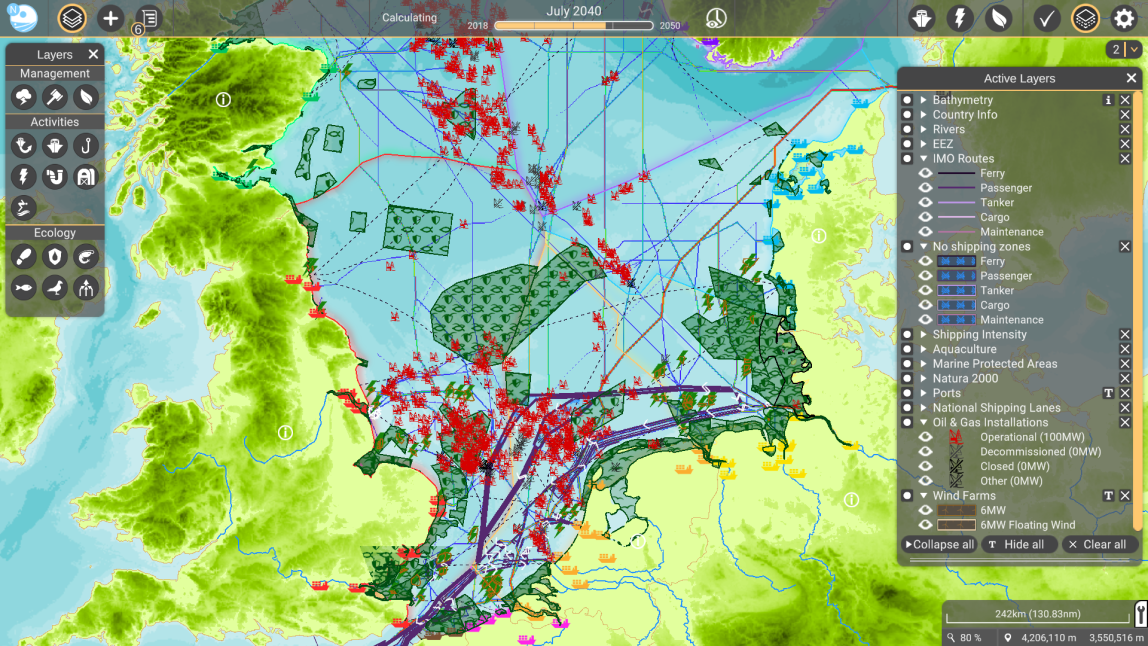
A Game Changer for MSP and Social Learning
12/12/2022 - 08:52
In 2020 the Marine Spatial Planning Challenge Simulation Platform was completed. In the study discussed in this article, researchers and developers of the platform investigate the challenges of the development process.